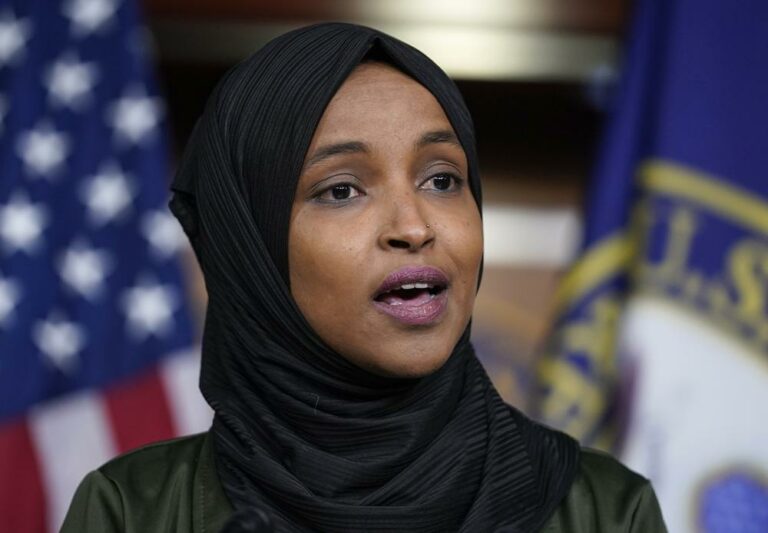 On Thanksgiving morning, while Mumbai was under siege, a man with a backpack walked into a Manhattan hotel. He avoided hotel employees and took an elevator to the fifth floor. When guards were notified, the man asked why security was so tight.
On Thanksgiving morning, while Mumbai was under siege, a man with a backpack walked into a Manhattan hotel. He avoided hotel employees and took an elevator to the fifth floor. When guards were notified, the man asked why security was so tight.
The man was allowed to leave, but the incident was enough to start an investigation. His photograph was circulated among the police and New York City hotels. Several days later, an officer in a patrol car saw a man dressed in the same clothes: yellow exercise pants, dark jacket, and a bag slung over his shoulder. He was entering a different hotel.
The officer alerted hotel security, and the man was questioned.
While the man turned out to be homeless and was released, it was clear, Police Commissioner Raymond W. Kelly and other officials said on Friday, that hotels and businesses need to better protect themselves.
“In many ways, the city of Mumbai bears striking similarities to New York,” Mr. Kelly said at a meeting of hotel security officials and other business people. “It is the country’s financial capital, a densely populated, multicultural metropolis and a hub for the media and entertainment industries. All these features make it a compelling target.”
Mr. Kelly, who has held regular meetings with business groups since 2005 to exchange information and training to prevent terror attacks in New York, said the department was using lessons learned from the attacks in Mumbai to examine security procedures here.
“You can’t make a fortress, we understand that,” Mr. Kelly said, adding that the department wanted to work with hotel security directors to “facilitate their hardening of the environment.”
Lt. Mario Rivera, from the police Intelligence Division, told the group that hotel security should be wary of everyday occurrences like limousines idling out front with darkened windows, and of street vendors. “Are they really interested in selling their merchandise?” he asked.
Someone might tie a bicycle in front of the hotel and then see how long it takes security personnel to inspect it, he said. Or an employee could quit suddenly and for no apparent reason. “They have internal knowledge that can be passed on and utilized for a terrorist plot,” Lieutenant Rivera said.
That could mean finding a balance between security and hospitality; hotel lobbies, for example, are generally considered public space. Jimmy Chin, the security committee chairman for the Hotel Association of New York City, said that hotels have tightened guest verification procedures since the Mumbai attacks.
“There has to be a way of building in security measures,” he said. “Security is a level of inconvenience: look at airports. After Mumbai, or any major incident, there is an expectation of seeing better security. In fact, there is a demand for it.”
(Source: NY Times)










